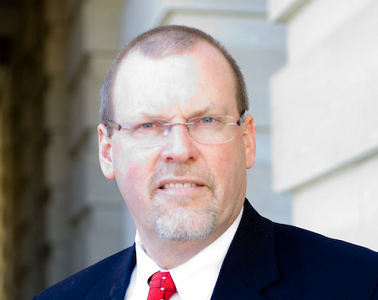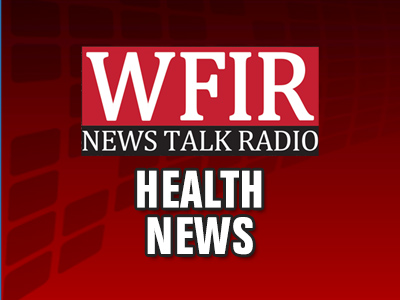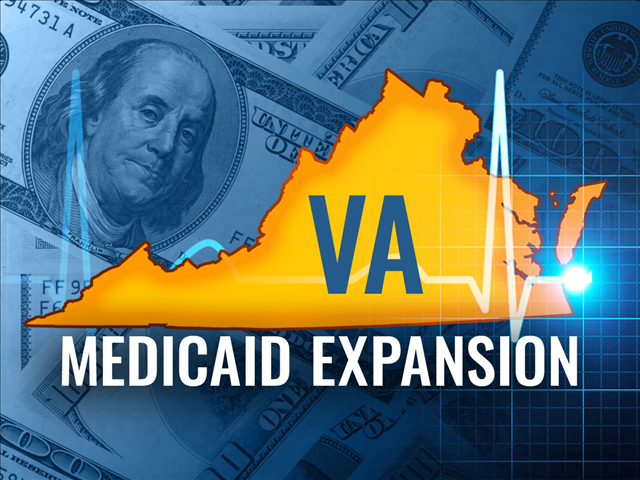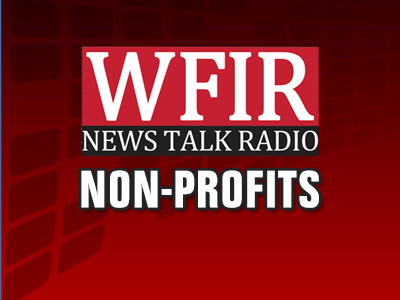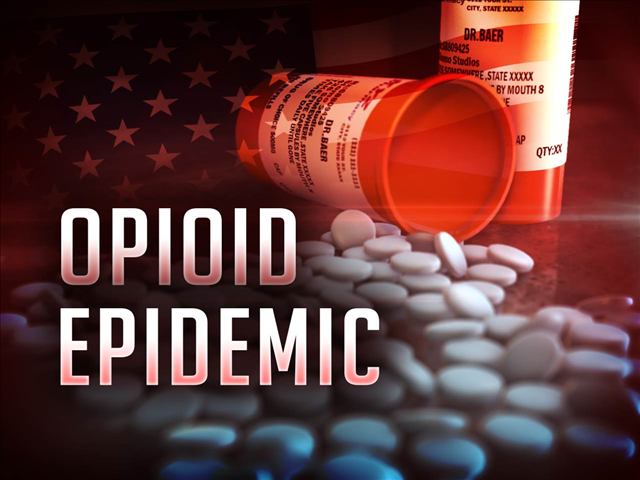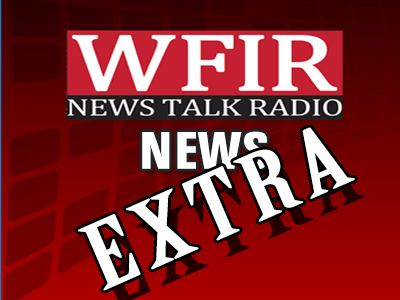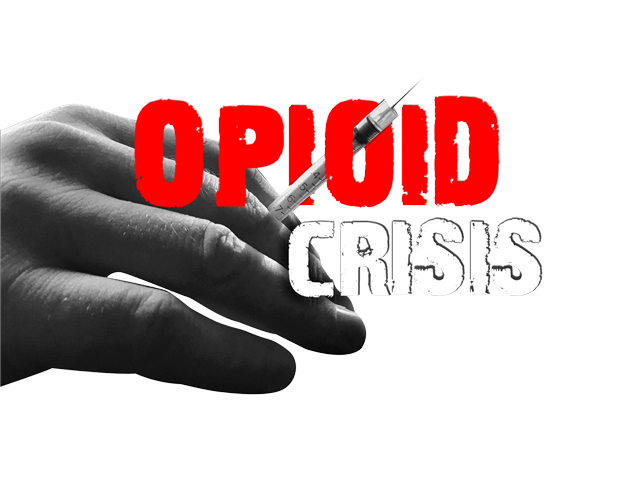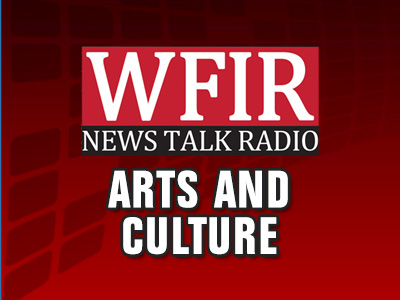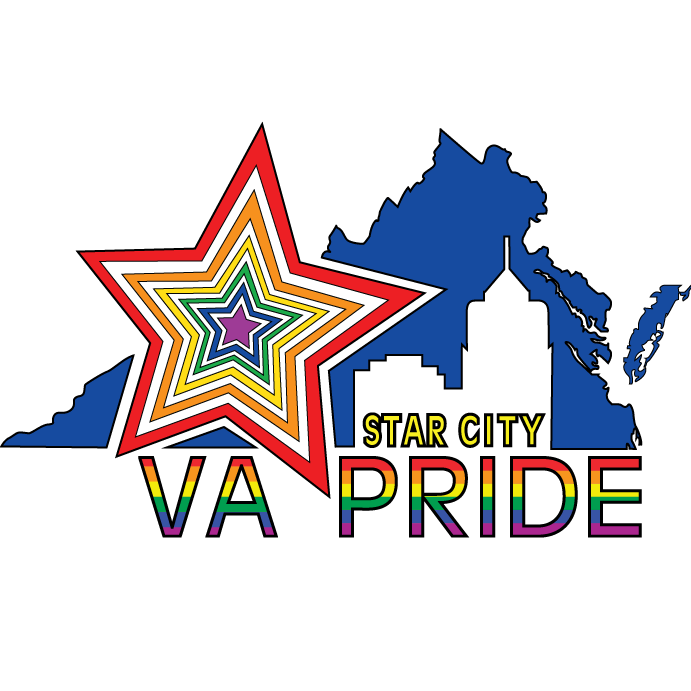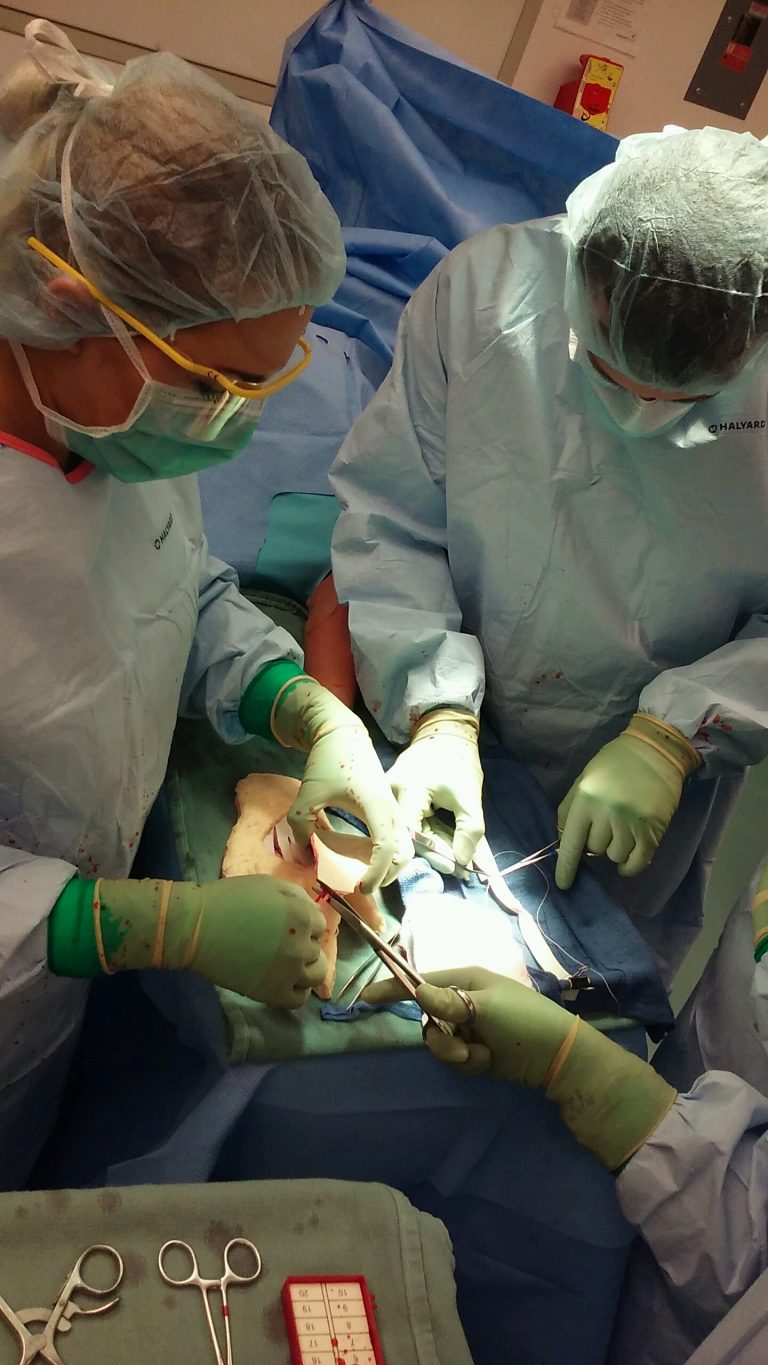A bill signed into law yesterday gives many patients with life-threatening medical conditions the right to use...
Health and Medicine
Its not something people like to talk about – Inflammatory Bowel Disease – but research being led...
RICHMOND, Va. (AP) _ Virginia is poised to expand Medicaid after years of partisan battles. The Republican-controlled...
The American Red Cross has to get creative when it gets to blood drives at certain times...
One of three Americans has “pre-diabetes.” Many don’t even know. Now a local extension office wants to...
Its called “Shared Space” – a panel discussion on the opioid crisis and how it impacts families....
(VDH release) Following heavy rain events this week, the Virginia Department of Health (VDH) reminds people to...
With everything else making news in Washington these days the debate over health care has taken a...
Carilion Clinic President and CEO Nancy Agee has been chair of the American Hospital Association board since...
Making sure young hearts are healthy – and that others can be restarted – a Virginia Tech...
Legal opioids – painkillers – have been a gateway to addiction for some. Twice a year the...
They often say “Laughter is the best medicine” and the spring time art exhibit opening with a...
A church bus hits a tractor-trailer full of ammonia; multiple injuries and breathing problems ensue. That was...
A new non-profit organization was launched this week with the goal of promoting inclusivity and serving the...
A church school bus crashes into a truck carrying ammonia. Multiple injuries, a hectic emergency department and...

